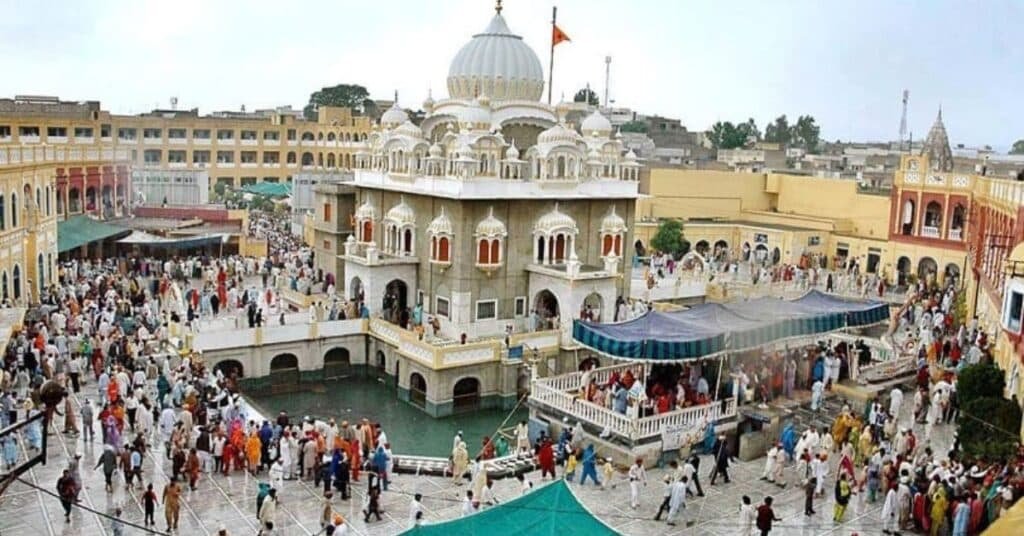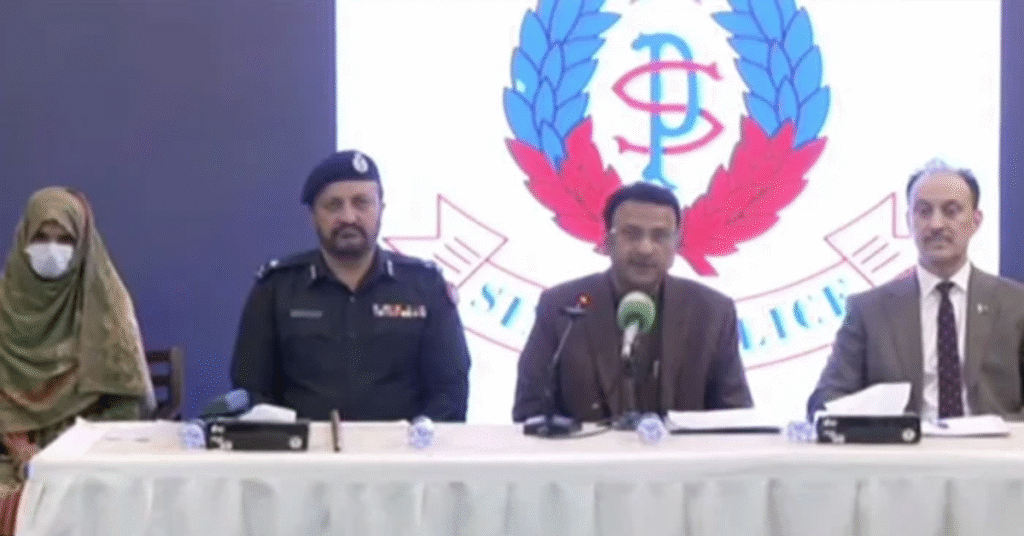HASSAN ABDAL, Rawalpindi (Kashmir English): The Sikh community’s annual Baisakhi Festival will be held from April 12 to 15 at Gurdwara Panja Sahib in Hassan Abdal, Attock district.
Approximately 12,000 Sikh pilgrims from Pakistan, India and around the globe will participate in the historical festival. Sikh community members from abroad have also started arriving in Pakistan’s Hassan Abdal.
The historical Baisakhi festival takes place every April at the famous Gurdwara in Hassan Abdal.
The gurdwara houses a stone with Guru Nanak’s handprint, which has been placed inside a town building, usually locked, but opened for Sikh and other visitors on special occasions.
The gurdwara was built by Sardar Hari Singh in 1823. Until 1920, it was under the control of Hindu priests, but after resistance from Sikh community, it came under the administrative control of the Sikh Panth along with other gurdwaras.
In 1933, the building underwent renovation, and despite being 205 years of age, its grandeur still shines.
Panja Sahib is the largest Sikh gurdwara in the area, spanning 396 square yards, with two-story rooms surrounding it.
There are also underground rooms, and shops situated around the perimeter. The gurdwara owns several properties in Hassan Abdal, Attock, Rawalpindi, and Hazro.
Gurdwara Panja Sahib was built by Sardar Hari Singh Nalwa, a general under Maharaja Ranjit Singh. He is the same Hari Singh after whom the city of Haripur is named.
Sikh traditions hold that Guru Nanak, the founder of Sikhism, and Baba Wali Kandhari engaged in hand wrestling (Panja Azmaye) as a sign of their spiritual strength.
Pakistan has granted visas to more than 6,500 Sikh pilgrims from India, enabling them to partake in the Baisakhi celebrations at various prominent gurdwaras across Pakistan.
Baisakhi
Baisakhi is a significant harvest festival celebrated in Punjab and some north Indian regions.
The festival marks the beginning of the New Year as per the Sikh calendar.
It is observed on the first day of the month of Baisakh (Desi calendar) and usually falls on April 13 or 14, as per the Gregorian calendar.




